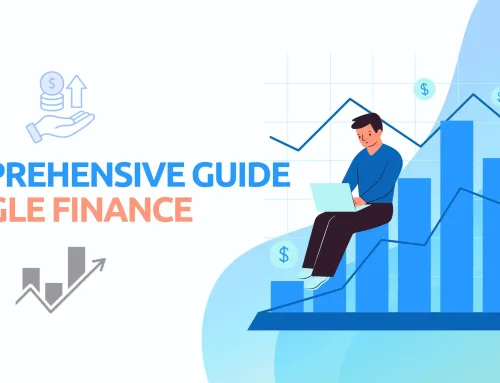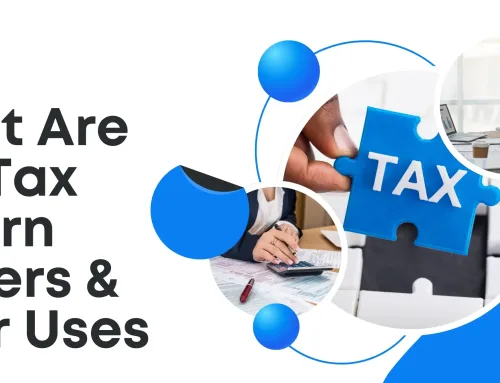Let’s say you live in Reno, Nevada. You injure yourself while on someone else’s property. You feel that the property owner caused the injury. That’s because they should have fixed a dangerous condition, but they didn’t.
You should strongly think about hiring a personal injury lawyer. Before you do, though, you will need to ask them some crucial questions. We’ll talk about some of those right now.
How Long Do I Legally Have to File a Claim?
You need to file a lawsuit within two years after injury in Nevada, though certain conditions mean you have longer. To figure out your exact timetable, you’ll need to talk to the lawyer. They will know all about personal injury cases, and they’ll need to hear your whole story.
You can tell them how you hurt yourself, where it happened, and the injury date. They can tell you how long you have and whether you must speed up the process if you’re nearing the limitations statute. If you are mulling over filing a personal injury claim, speak to a personal injury lawyer attorney without delay. You don’t want to accidentally pass that limitations statute.
Have You Had Any Direct and Relevant Experience?
You should ask the attorney whether they’ve had similar cases. You will doubtless feel better hiring this individual if they’ve had similar clients and won money for them at trial.
If the lawyer you find doesn’t know much about cases like yours, go with someone else. You need someone experienced who can argue in front of a judge on your behalf.
Will You Represent Me?
You might also meet with a personal injury lawyer, and you find they’ll take you on as a client, but they’re too busy to help you themselves. They might tell another lawyer working there to assist you.
That lawyer might not have the same experience level. You don’t want to hire a law firm that passes you off to someone inexperienced. You want the best lawyer they have to fight for you, not someone who just passed the bar and has no direct courtroom experience.
What Do You Charge?
You’ll need to figure out the pay structure that this law firm uses. You can ask questions about what percentage they take if you win.
You should also ask whether you can set up contingency payments or whether they need money upfront. Usually, personal injury lawyers will not charge upfront fees. Instead, they get their money only if you win your case.
Attorneys who demand money upfront for personal injury cases do exist, but you should avoid them. That’s not the best system for you since you might lose your case and still have to pay the lawyer or their law firm.
How Long Will the Process Last?
You might also ask the lawyer before you hire them whether they’ll resolve the matter quickly. They might not know the answer, but it does no harm to get their professional opinion.
They might not know the timetable because you might get money from the defendant before you ever get to court. They might offer you cash to settle out of court if they feel sure they’ll lose, and their counsel tells them that’s the best option.
On the other hand, they might feel you don’t have a case, and then they’ll go to trial. Your lawyer can estimate a timetable if that happens, but they likely won’t know for sure. These cases can last months or even longer in some instances.
How Solid is My Case?
Asking about your case and whether you’ll likely win is crucial. You should ask the law firm or lawyer before you hire them whether they think you’ll end up on top when it’s over.
They will review all the facts and tell you their honest opinion. If they say you have little chance, you may have to abandon the idea. Your lawyer probably has the experience, and if they say you can’t win, you may need to continue with your life without resolving this matter the way that you would like.
Finding the right law office for your case is not always easy, but doing some online research should help. Meeting with the top candidates is smart as well.
Hopefully, you can find a lawyer who you feel knows the law in this area and won’t make a mistake in a courtroom setting. One misstep can cost you the case and means you won’t get any money.







